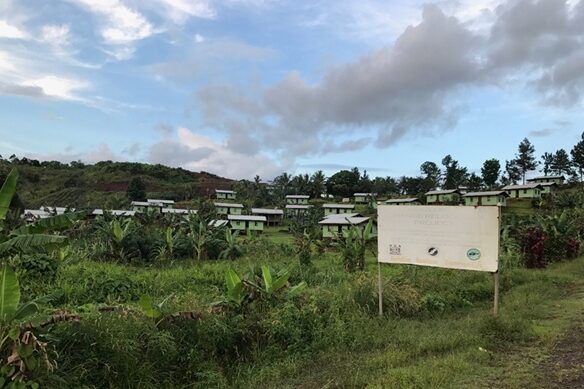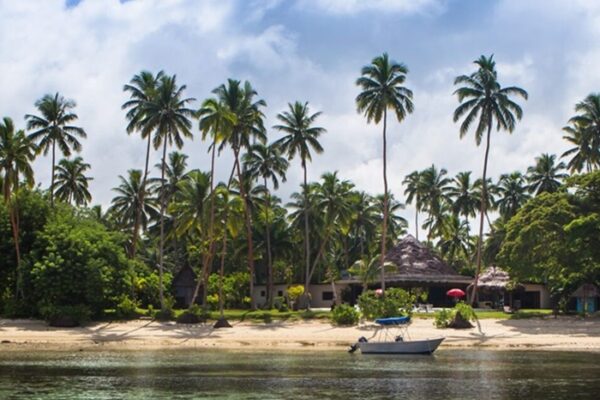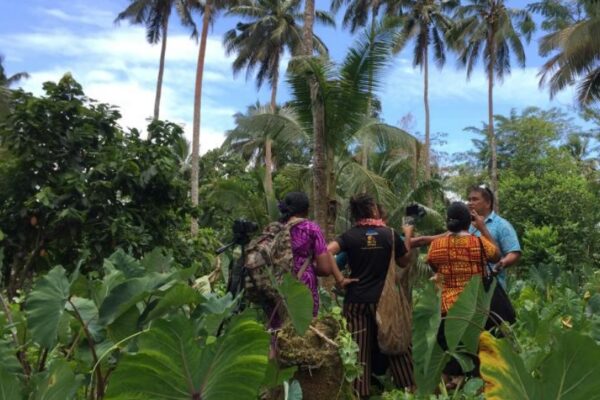The jurisdictional complexities of securing fragmented maritime borders against flows of people, commodities and microbes engagement with sustainable development and global justice has been marked by improvisation and creative adaptation. As countries across the globe and communities mobilise to develop their economies, secure their borders against threats, and to build resilience to the environmental turbulence occasioned by climate change, research is required to develop new approaches for building resilience.
Building on the positioning of global diversity as a prompt for geopolitical, cultural and environmental discussions and engagements, scholars and practitioners across the globe are challenged to rethink conceptualizations of and approaches to justice. This group explores what novel understandings and enactments of sustainable development and security might emerge through engagement with local stakeholders. Our goal is to examine how engagement with multiple contexts might challenge scholars and practitioners to develop new and/or modified ways of apprehending sustainability, development and security, that are relevant to international policies and best practices.
By bringing together a multidisciplinary team of scholars from around the world, this group fosters collaboration, dialogue, and research aimed at reshaping how global justice is conceptualized, understood, and applied.
The objectives of this group are to:
- Advance understandings of global justice considering historical and cultural complexities compounded by interfaces with colonialism and environmental degradation, human rights abuses and other externalities;
- Conduct research on various aspects of global justice informed by understandings of indigenous, feminist, decolonial and regulatory ontologies, epistemologies, and mobilisations; and
- Strengthen the conceptual and empirical foundations that inform frameworks and mechanisms for sustainable development and global justice.




